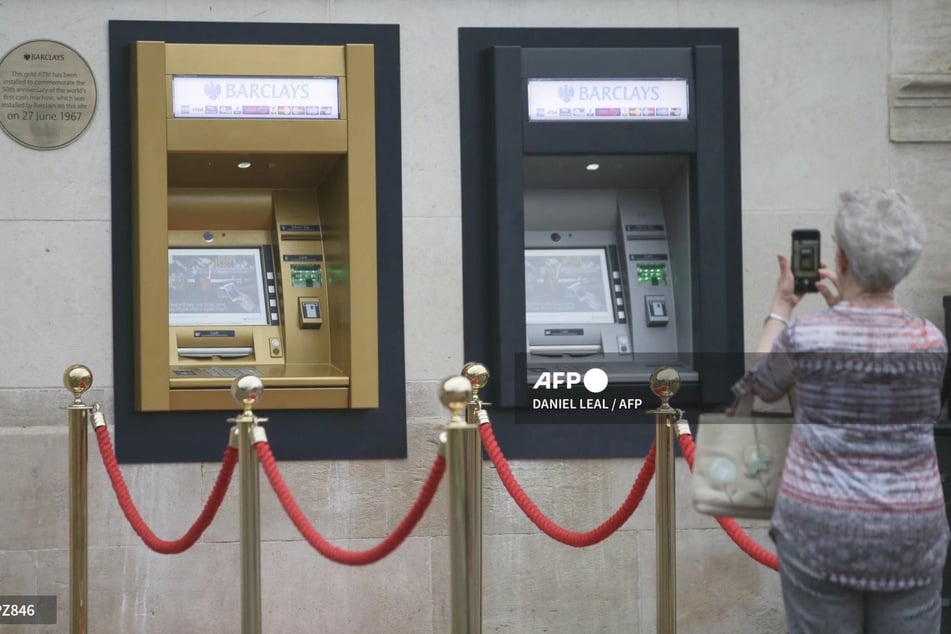What is this all about? Senior citizens are no longer allowed to make phone calls at ATMs here
Osaka (Japan) - Caution, control or protection from financial ruin? Osaka Prefecture has passed a rather unusual law to prevent Japanese senior citizens from being ripped off so easily in future.

As Sumikai reported, people over the age of 65 are no longer allowed to make phone calls at ATMs.
According to the German-language magazine about Japan, the government felt compelled to make this drastic intervention in self-determination because more and more elderly Japanese people have recently been ripped off by telephone fraudsters.
Perpetrators pretend to be relatives or representatives of the authorities and trick their unsuspecting victims into handing over money or bank cards.
"Elderly victims not only lose money, but also suffer psychological stress," explained Governor Hirofumi Yoshimura (49). With the new regulation, he hopes to be able to prevent "particularly serious crimes".
A whiff of surveillance of older people is in the air

According to the magazine, the number of fraud cases in Osaka has steadily increased since 2021. In 2024 alone, losses amounted to the equivalent of 39.2 million euros. More than 70 percent of the fraud victims were aged 65 or older.
Banks were also obliged to make customers aware of the ban with signs and flyers.
But what happens if grandma doesn't follow the rules? Quite simply: nothing! According to Sumikai, the prefecture is hoping for a "broad social consensus". In the event of suspicion, both those affected and bank employees are required to inform the police.
Incidentally, this also applies if someone is 70 years or older, has not made a bank transfer for three years and suddenly wants to send more than 100,000 yen (around 610 euros). The new upper limit for bank transactions is also intended to protect senior citizens from fraud.